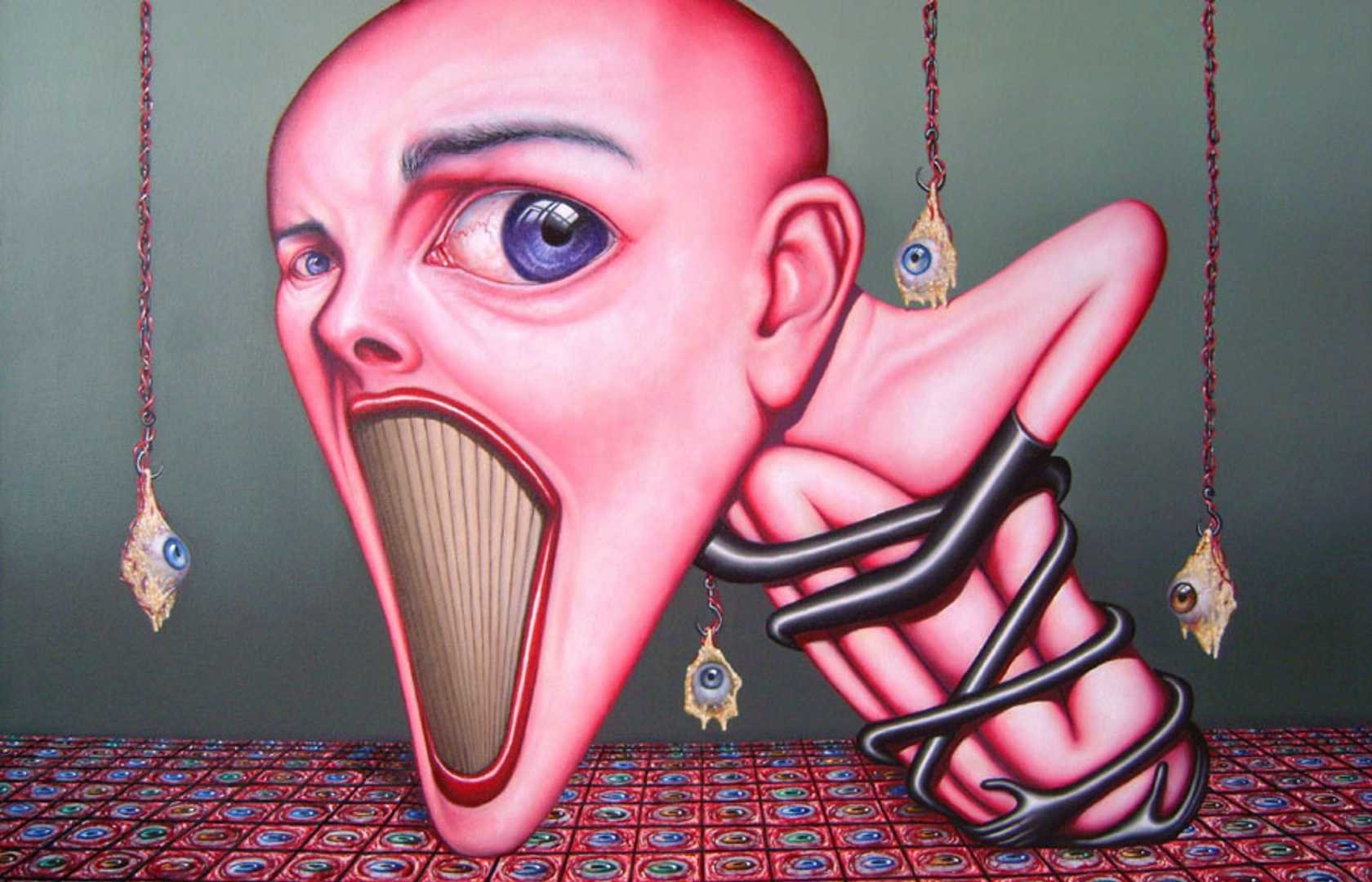
Selfishly Altruistic
It has become a norm in our culture to perceive selfishness as something negative. The very idea of ‘negative’ selfishness is often used as a counter argument against ‘positive’ altruism. But what is ‘altruism’ anyways and why being selfish has got such a bad reputation? Why the terms even exist?
One helps a helpless fellow in the street with self interest being at the center of that very action. The act of helping someone rewards the individual within the community, earning them social capital. It also feels good to help someone else. Nature has designed us to be selfishly altruistic because it benefits group survival. We learn how to act as such, because we are by default social animals, interdependent on each other.
Most people use the word ‘selfishness’ in order emphasize their own altruism. Talk about being selfish…
This form of Selfish Altruism is positively correlated with how we perceive value. If we like our family and friends we are more likely to assist them in order to thereafter maximise the quality of our own livelihood—whether it be financial, social or emotional. If someone we don’t know is drowning helplessly in the middle of the sea we will help if we are good enough swimmers. We calculate the risks and take action. This is not altruism but rather an informed decision based on risk and reward. If the fellow survives then we are rewarded both socially and emotionally.
A hero who just saved ‘selflessly’ someone is no different than a businessman who took risk, employed thousands and improved lives. The only thing being different between the two is the narrative for each story.

image credit
I Would Die For Me
We rarely put ourselves in danger just to sacrifice for others. This can only happen in situations of war where the larger group, our larger group, is endangered. We use a socio-cultural narrative to excuse an action. Suicide bombers use this narrative. Soldiers do much the same. We sacrifice ourselves for our own group’s survival.
All other mammals act similarly. Try to attack a feral cat with no kittens and she will run away. Try to attack one that just had newborns and you are up for a not-so-pleasant surprise. The cat will defend the kittens because it ensures her own genetic fitness by ensuring that her own offspring continues. The cats acts selfishly altruistic.
There are thousands of children dying everyday from hunger and other diseases but we all choose to raise our own kids because it ensures our own genetic fitness. Every single act we do is based on selfish altruism. This is why it is obsolete to distinguish between selfishness and altruism. If a phenomenon is prevalent by default, it becomes obsolete to bring it up.

image credit
According to Me, Me, Me
The idea of selfishness just prevails due to sheer envy. Someone else has more things than we do, thus we like to bitch about how that person doesn't share. Someone else displays different egotistic values than ours, thus we like to compare what we would do in their position. The relative comparison generates the misconception of selfishness we so commonly use every now and then. We forget that each and everyone of us is different, and that our comparison is only depended in relative time and context.
For example, we often hear how capitalism is “selfish” and socialism is more “altruistic”, forgetting than in both cases the group, the nation, the country, is benefited. It has nothing to do with either socialism or capitalism but about being selfishly altruistic about ones own people within a system—that ultimately reflects back to them.
Cooperation is what binds the idea of selfish altruism. If one helps others, one indirectly helps oneself. Successful businessmen know this very well. We are kind but also want to make profit, thus we create value that everybody can share and benefit from.

image credit
Facing Reality
The altruism hypothesis can work only as an ethical, abstract glue between people who have to live in already established societies out of sheer necessity, not of choice. We're social animals, and our evolution has shaped us so that our social learning mechanisms maximise our survival.
By being good to someone else it ensures not only their survival but also our very own. Thus, the concepts of selfishness and altruism become one; Selfish Altruism or Altruistically Selfish —when we examine both concepts from an objective perspective.
There is no need to delve into higher philosophical enquiries. Both altruism and selfishness are societal myths, or better, memes. We are all selfishly altruistic and always have been. Even the smallest random act of kindness has a hidden egoistic motive. We just like to camouflage the idea beneath an altruistic facade.
